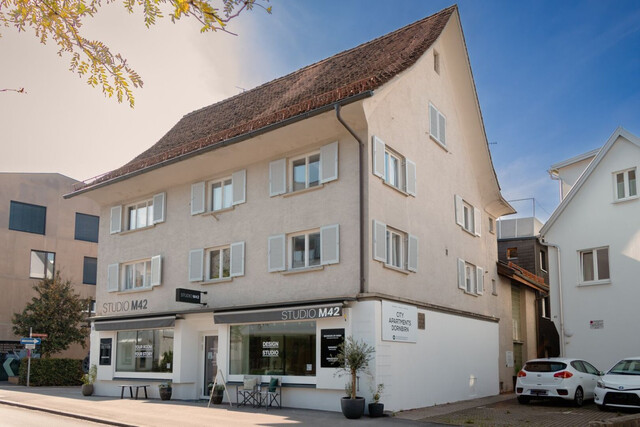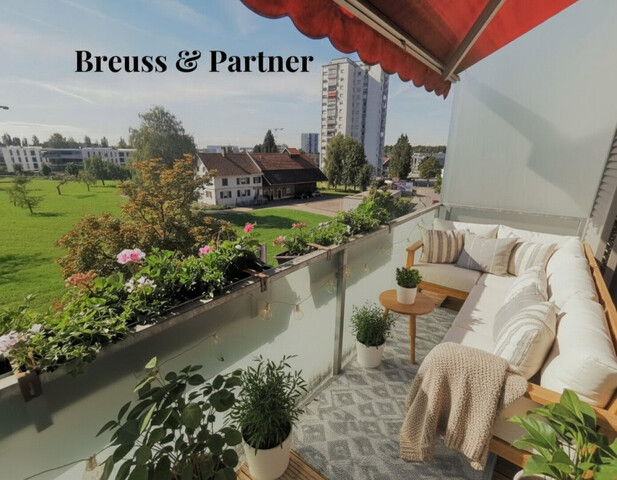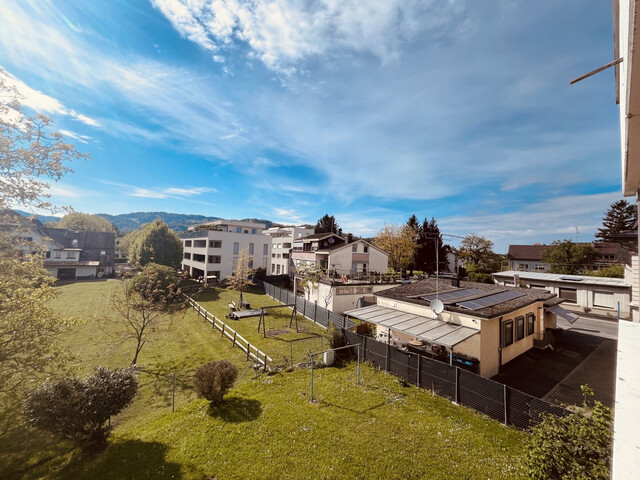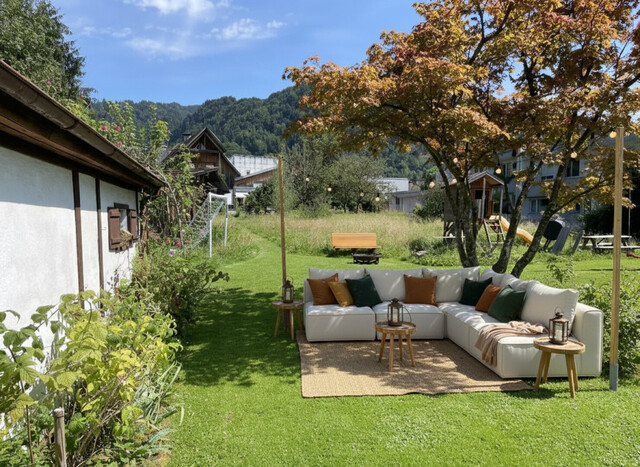After Peršmanhof Report: Slovenia Hopes for "Step Forward"

"I think we now have an extraordinary opportunity to take a step forward, also regarding bilingualism in Carinthia," said Slovenia's Foreign Minister Tanja Fajon. Recent events have highlighted the importance of safeguarding minority rights in Carinthia.
After Peršmanhof Operation: Such Incidents "Should Never Happen Again"
Fajon called for a swift clarification and consequences following the controversial police action against a youth camp at Peršmanhof. Interior Minister Gerhard Karner (ÖVP) subsequently set up an investigative commission, which presented its report yesterday, Thursday. Fajon welcomed the report, which "very clearly shows that it was an unlawful, disproportionate action." It is now expected that all recommendations of the report will be implemented, such as regarding the training of police officers.
"Such incidents should never happen again," emphasized Fajon, who also praised the swift response of the authorities to the vandalism against bilingual place-name signs in Carinthia over the weekend. In this regard, she also agreed with her counterpart Beate Meinl-Reisinger (NEOS), with whom she met in Vienna on Thursday. Fajon came to Vienna for a Slovenian-Austrian economic forum and the performance of a Slovenian musical at the concert hall on the occasion of the 80th anniversary of the UN.
No Foreign Policy Shift After Election
Especially in geopolitically turbulent times, friendly relations among neighbors are essential, emphasized Fajon. In this regard, she also expressed the desire for political continuity, such as after the upcoming change at the top of Carinthia's state government. The outgoing governor Peter Kaiser (SPÖ) is "a great friend of Slovenia, and we will certainly miss him." Slovenia will continue to consistently advocate for the respect of minority rights, regardless of who the future governor will be.
Fajon expressed similar sentiments regarding questions about a possible power shift in the Slovenian parliamentary election in early 2026, which polls suggest could bring a comeback of the conservative ex-premier Janez Janša. The fundamentals of Slovenian foreign policy should remain unchanged, emphasized the Social Democrat and former Member of the European Parliament. "Slovenian foreign policy is based on the principles of international law, democracy, freedom, and human rights, as well as respect for neighboring states."
Slovenia Will Help Austria with Security Council Candidature
Fajon also positively assessed Slovenia's membership in the UN Security Council, which ends with the turn of the year. The council membership has opened many political and economic doors for Slovenia worldwide. "We were able to build trust and bridges to parts of the world where Slovenia has not traditionally been so present." She is particularly proud that Slovenia has always been perceived as principled in various global conflicts - from the Middle East to Ukraine to Sudan - "that we have applied the same standards in all these crises and wars," she said, alluding to accusations from the global south that European states often apply double standards in conflicts.
As the current non-permanent member of the Security Council, Slovenia is ready to support Austria in its candidature for a Security Council seat for the years 2027/28 with its own experiences. "Membership is an extraordinary challenge, but also a privilege," said Fajon. "In a time when the law of the strongest often outweighs the strength of the law, Austria has a great opportunity to present itself as principled. Our experiences during the campaign for the candidature show that it is worthwhile to invest as much as possible in building trust and bridges." It is primarily about showing commitment to international law and multilateralism. "We need such countries today."
"High Time" for EU Enlargement
Fajon also reaffirmed Slovenia's commitment to a rapid EU accession of the Western Balkan states. "I believe it is high time that we implement this enlargement," she emphasized in view of the current geopolitical challenges. "Ideally," all six candidate countries should join at once, but this is not realistic. Rather, it seems that by 2030 "at least two or three states" could join the EU, Fajon hinted at the current frontrunners Montenegro, Albania, and North Macedonia.
Regarding the internal political turbulence in the largest Western Balkan country, Serbia, Fajon said she hopes for a calming and stabilization so that the country remains on the path of reforms and democracy. "I wish for a Serbia that will be a state on the way to the European Union and that is a factor of stability."
(The conversation was conducted by Stefan Vospernik/APA)
This article has been automatically translated, read the original article here.
Du hast einen Hinweis für uns? Oder einen Insider-Tipp, was bei dir in der Gegend gerade passiert? Dann melde dich bei uns, damit wir darüber berichten können.
Wir gehen allen Hinweisen nach, die wir erhalten. Und damit wir schon einen Vorgeschmack und einen guten Überblick bekommen, freuen wir uns über Fotos, Videos oder Texte. Einfach das Formular unten ausfüllen und schon landet dein Tipp bei uns in der Redaktion.
Alternativ kannst du uns direkt über WhatsApp kontaktieren: Zum WhatsApp Chat
Herzlichen Dank für deine Zusendung.








